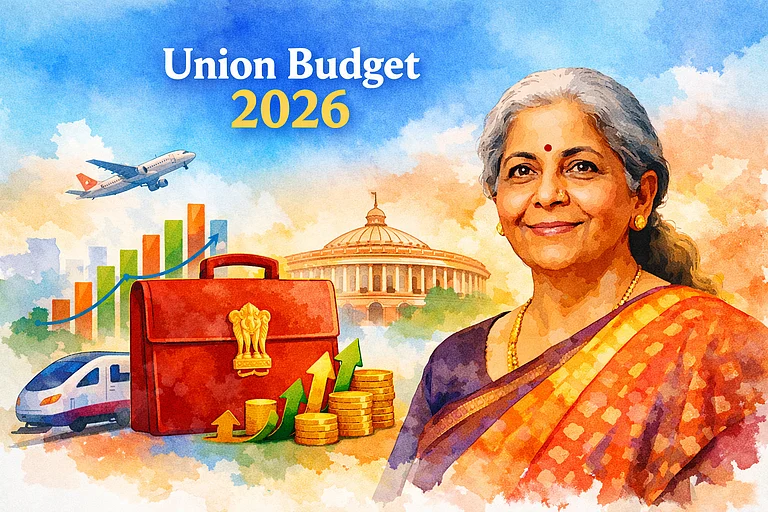According to the 2024 Gen Z and Millennial Survey of Deloitte, more than half of Gen Zs (56 per cent) and millennials (55 per cent) are living paycheck to paycheck with 22,841 participants from 44 countries. While two-thirds of Gen Zs and millennials are optimistic that things will get better economically (32 per cent Gen Z and 31 per cent millennials), the financial struggle is too great.
The biggest problem with generations, at least according to the survey, is that the cost of living is increasing and surpasses unemployment, climate change, and mental health issues. There is a form of financial fragility feeding into all the usual daily stressors. About 40 per cent of Gen Z and 35 per cent of millennials reported feeling stressed most or all of the time mainly because of their long-term financial outlook.
The cost-of-living crisis exacerbates the paycheck-to-paycheck struggle. At least daily, at least or very often, problems regarding finances are the sources of worry for 45 per cent of Gen Z and 43 per cent of millennials-a fairly high percentage that contributes to high stress levels. Wage rises do not keep pace with inflation, and most of the basic needs become unaffordable.
It's not cheap, however. An overwhelming percentage of the respondents said that financial pressure affected important life choices in general, such as their profession and where to stay. A young respondent from Australia remembers returning to live with his family due to rising costs. An experience familiar to millions of people around the globe.
Despite all this, work-life balance remained the first preference in both generations in choosing their employers. Interestingly, pay has been ranked as least important to flexibility and workplace culture. However, dissatisfaction with pay remains the number one reason that job changers have given for leaving their employers over the last two years. Ironically, those who seek flexible, meaning-driven work are working to raise income right away and, in an attempt to balance these competing priorities, add another layer of stress onto already strained finances.
Mental Health and Financial Stress: A Vicious Cycle
Most problems, it shows, are accompanied by poor mental health. But while half of them awarded their mental health a 'good' or 'much better', long hours, lack of recognition and insufficient pay all help stress and anxiety at work.
The danger of mental ill health among millennials and Gen Z is not only psychological but also related to job satisfaction. As the report indicates, the employers who address the problem of mental health and let the employees feel valued will keep them in the organization. Stigma still exists because three out of ten respondents fear facing discrimination at work once such concerns are raised.
A Generation Seeking Solutions
Most of these respondents, however, have problems they wish to address by improving their financial situation. On this front, side hustles are increasingly getting popular with 45 per cent of Gen Z and 36 per cent of millennials taking up a side hustle to complement their incomes. Such side hustles range from freelancing to gig economy work; not only do they earn money but also hone one's passion and skillset.
But side hustles are not going to cure problems such as wage stagnation or a cost of living where one has to drive three hours to buy groceries. Many of the respondents, after all, told pollsters that they crave far deeper changes in the social system itself, including both improved access to affordable housing and better workplace compensation practices, preferably through reforming current practices.
This research, therefore teaches many very important lessons to the employers of necessity in dealing with the financial and mental health issues of Gen Z and millennials. Competitive salary and flexibility aside, above all, mental health projects will stand the way for real loyalty and productivity.
More of those firms sharing the same value generations—especially in terms of their environmental sustainability and social contribution—will experience better retention and engagement. Indeed, the survey indicated that almost nine-tenths of the respondents think that work is worth it if they can give a purpose. And so, in this sense, the call for organizational alignment in addressing these priorities has been heard.
It will take the collective efforts of employers, policymakers, and financial institutions to solve problems and bring stability to growth for Gen Z and millennials. Breaking the paycheck-to-paycheck cycle for these generations is less about paying off debt than it is about reclaiming one's future.
















